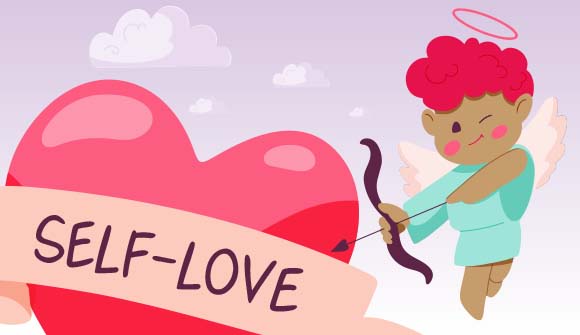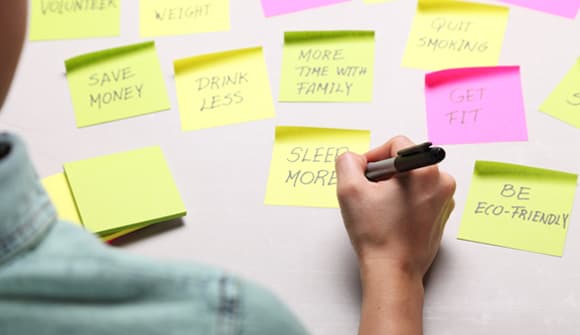Loneliness alert
Surgeon general sounds alarm on latest public health epidemic.
Article Author: Juliette Allen
Article Date:

The latest public health alert from the nation's top doctor isn't about a virus or other contagion, though it can still have lasting effects on physical and mental wellness. The U.S. surgeon general recently issued an advisory warning about the toll loneliness can take on the mind and body.
According to the advisory, loneliness can lead to:
- Anxiety
- Dementia
- Depression
- Diabetes
- Heart disease
- High blood pressure
- Stroke
- Premature death
"People need to feel connection with others throughout their entire lives, from birth until death, in order to thrive not just mentally, but also physically," said Cathleen Connolly, PhD, a psychologist with Baptist Behavioral Health. "When people lack social interaction or sense of belonging, they may experience trouble walking, eating, sleeping or doing other day-to-day activities."
Post-pandemic problem
Though necessary to prevent the spread of COVID-19, stay-at-home orders and self-isolation protocols contributed to the rise of loneliness, according to Dr. Connolly.
"We experienced a sudden and total disruption of our lives," she said. "People were confined to their homes with, at most, only their immediate family members. Many people were totally alone and didn't see anyone else for extended periods of time."
Additionally, the constant access to cell phones and social media can make people – especially teenagers – feel more lonely, despite being digitally connected. Though teens may experience the mental effects of loneliness, the elderly are at higher risk for physical and cognitive decline.
"Studies have shown that older people who help care for their grandchildren actually live longer," Dr. Connolly said. "Socializing and interacting with other people can help ward off dementia."
Tips to tackle loneliness
The good news is, there are simple ways to satisfy your need for socialization.
Pursue your passion.
Do you have a gift for gardening? A yearning for yoga? There are groups and clubs for almost every hobby, and finding one will help you surround yourself with people who have similar interests.
Know your neighbors.
Simply getting to know the people who live near you can have long-lasting benefits. By checking in on an elderly neighbor, you can help him or her maintain a much-needed social connection. And don't forget, if you ever need help, your neighbors are the ones closest by to lend a hand.
Put down (or pick up) the phone.
Technology has its benefits and pitfalls. Getting stuck in a never-ending social media scroll may enhance feelings of loneliness. However, using the phone to call or (even better) video chat with a loved one can build bonds and connectivity.
Play with pets.
Animals have been shown to have therapeutic benefits, so take a few extra minutes to snuggle your furry friends or take them out on a walk. If you don't have a pet of your own, check in with your local animal shelter to see if there are volunteering opportunities. An added bonus? Dr. Connolly said giving back also boosts feelings of belonging and reduces stress.
Even if you're feeling lonely, you're not alone.
If you or someone you love is in or at risk of a mental health crisis, call Baptist Health's 24-hour Crisis Hotline at 904.202.7900 or text LIFE to 741741. If there's an immediate safety concern, call 988 or go to the nearest emergency room.
Baptist Health has launched a new Collaborative Care Model, embedding behavioral health professionals in select Baptist Primary Care offices. To learn more or find a provider near you, call 904.202.4YOU or fill out the appointment request form.
Source: U.S. Surgeon General's Advisory on the Healing Effects of Social Connection and Community



